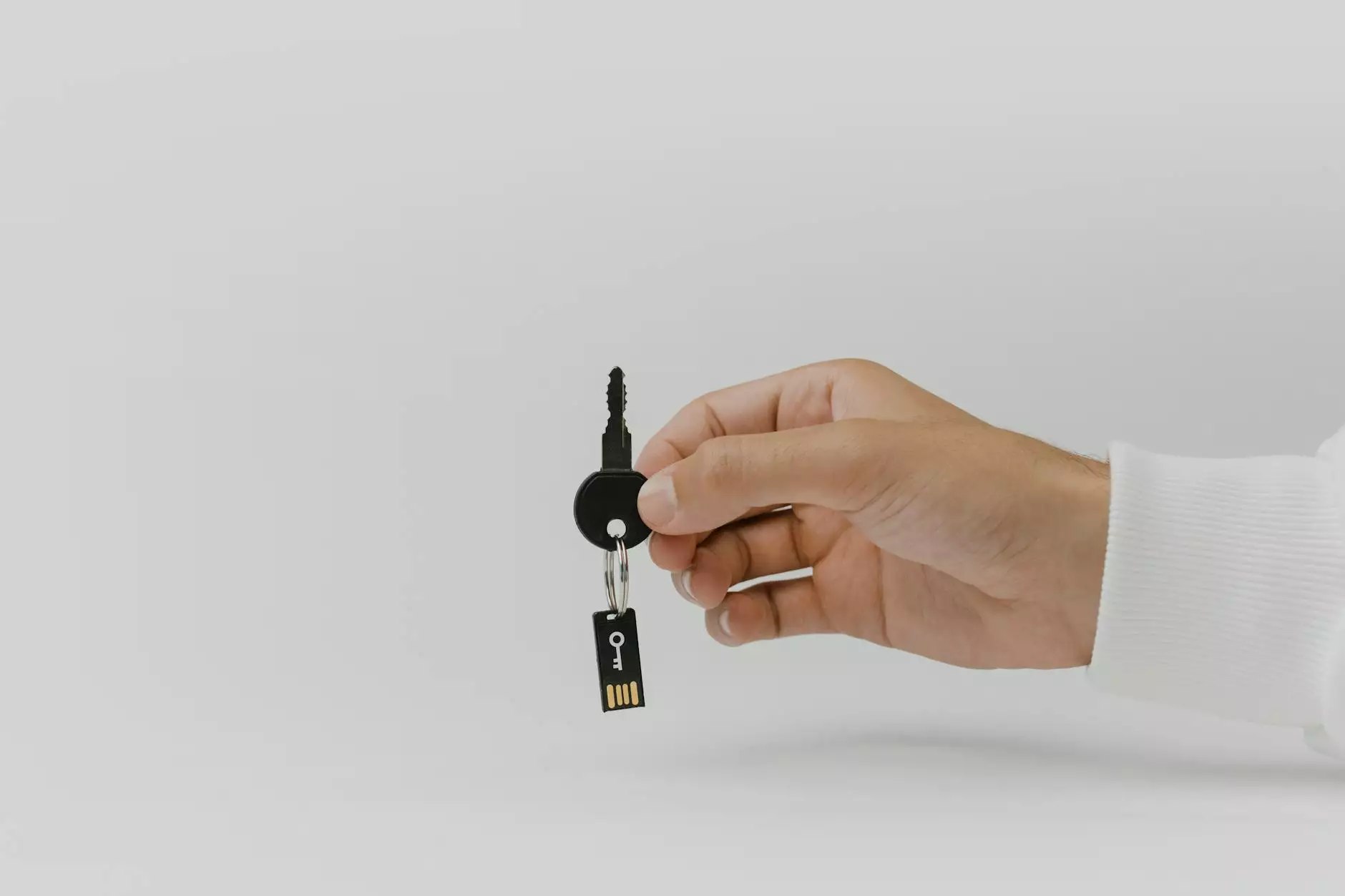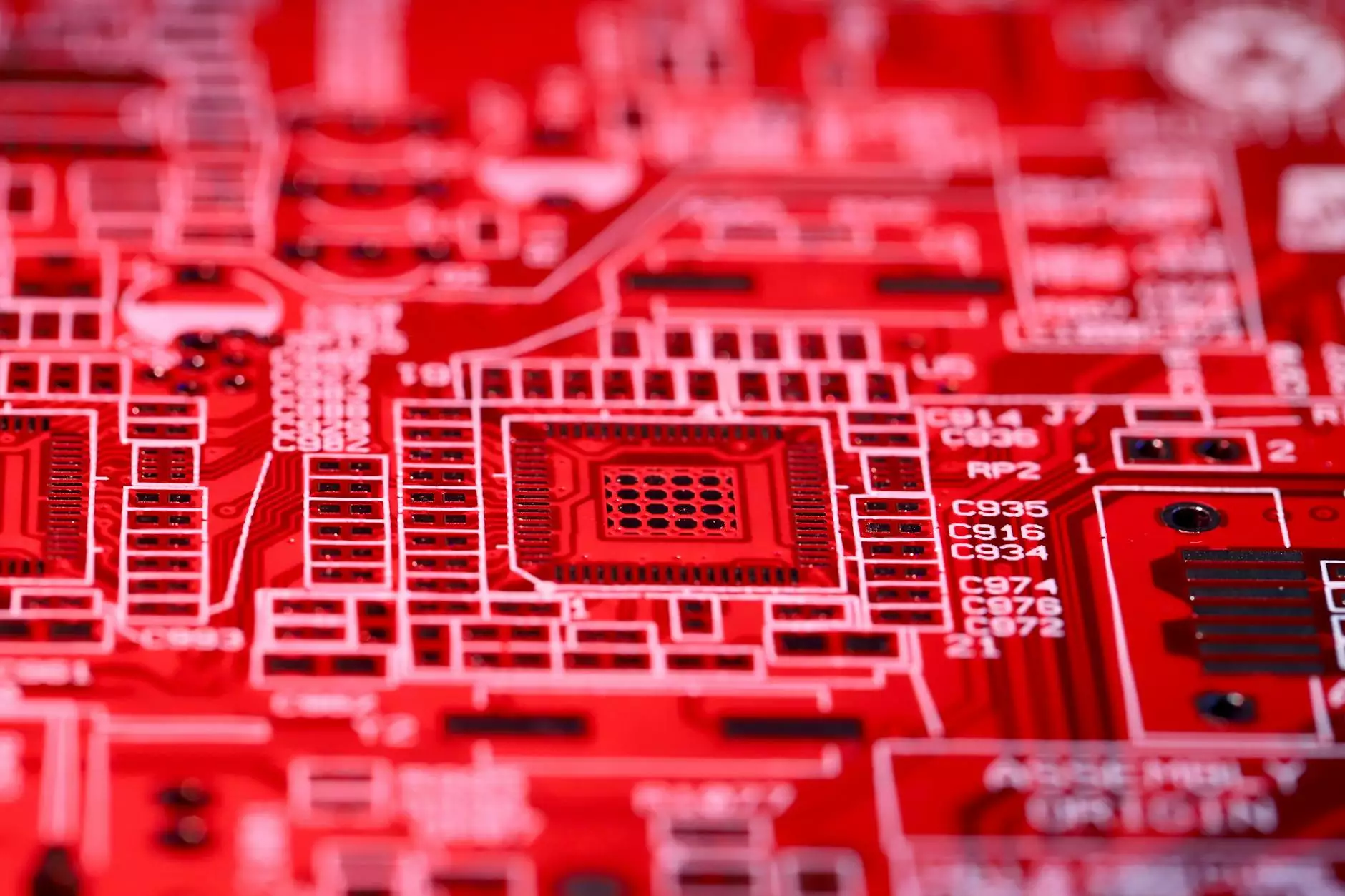SSD vs USB Flash Drive: Understanding the Differences

When it comes to storage devices, SSDs (Solid State Drives) and USB flash drives are two popular options that are widely used for data storage and transfer. In this comprehensive guide by Magna Social Media, we will explore the differences between SSDs and USB flash drives, compare their features, performance, and help you decide which option suits your needs.
Overview of SSDs
SSDs are storage devices that use flash memory to store data. They are known for their high speed and reliability compared to traditional hard disk drives. SSDs are commonly used in laptops, desktops, and servers to improve overall system performance.
Overview of USB Flash Drives
USB flash drives, also known as thumb drives or pen drives, are portable storage devices that connect to a computer's USB port. They are convenient for storing and transferring files between devices.
SSD vs USB Flash Drive: Performance
SSDs typically offer faster read and write speeds compared to USB flash drives. This makes them ideal for tasks that require quick data access, such as running applications and transferring large files. USB flash drives are more suitable for storing documents, photos, and music files.
SSD vs USB Flash Drive: Capacity
SSDs come in larger capacities ranging from 128GB to several terabytes, making them suitable for storing a large amount of data, including operating systems and applications. USB flash drives usually offer lower capacities, ranging from 8GB to 256GB, making them ideal for portable storage needs.
SSD vs USB Flash Drive: Durability
SSDs are more durable than USB flash drives as they have no moving parts, making them resistant to shock and vibration. USB flash drives, on the other hand, are more susceptible to physical damage due to their structure.
Which One Should You Choose?
Choosing between an SSD and a USB flash drive depends on your specific needs. If you require high-speed performance, large storage capacity, and durability, an SSD would be the ideal choice. However, if you need a portable and affordable storage solution for basic file storage and transfer, a USB flash drive would be more suitable.
Conclusion
In conclusion, both SSDs and USB flash drives have their own advantages and are designed for different purposes. By understanding the differences between the two, you can make an informed decision based on your storage needs and budget.
Explore more technology-related topics at Magna Social Media.



